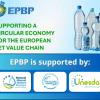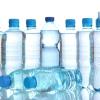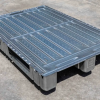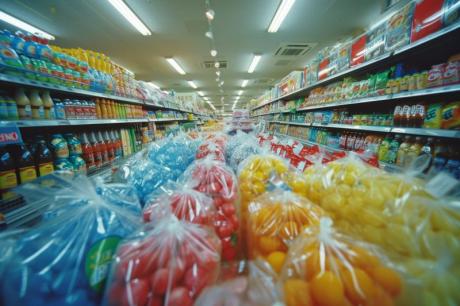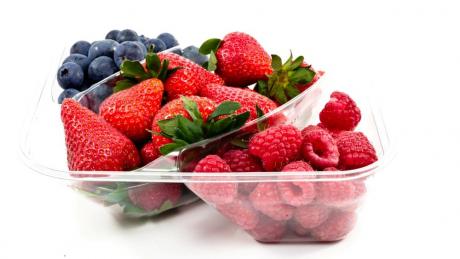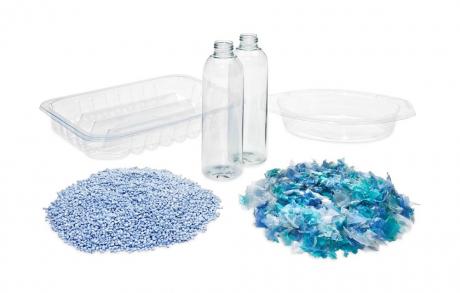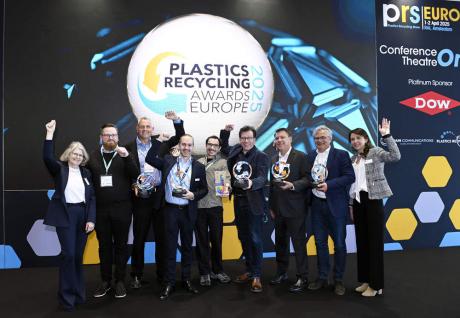By Giampiero Zazzaro
Fast urbanization and a rapidly growing middle class are turning large swathes of the African continent into a dynamic market that holds great potential. With their sales markets in North America and Europe stagnating or declining, this is something international breweries especially are profiting from and where they see new opportunities. Consumption is rising every year by 5%; in 2015 experts from the Deutsche Bank already forecast that by 2025 more than a third of the growth in worldwide beer sales would be attributable to sub-Saharan Africa.
This trend is also evident in Cameroon, whose gross domestic product has more than doubled over the last 15 years. However, it’s not just the big international names that are quenching the increasing thirst of the population here. One local business is also in the same top league as the major players: Union Camerounaise de Brasseries (UCB) based in the port of Douala ranks second on the Central African market between two big global breweries. With its traditional King Beer and Kadji Beer and K44 brands UCB is very popular in Cameroon. The company is also heralded as something of a pioneer. A considerable amount has been invested in new technology since 2016: this includes two new returnable glass lines, for example, for which KHS supplied the entire packaging and palletizing sections in 2019 and 2020.
Furthermore, in May of 2021 a KHS PET line - UCB’s very first - was commissioned for the relatively new segment of soda pop and water. It has a capacity of up to 20,000 bottles per hour and comprises a stretch blow molder/filler block, labeler, packaging machine and palletizing equipment. At the time of writing UCB is also considering filling its beverages into cans; in keeping with its role as a trailblazer, this would make it the first brewery in Cameroon to operate its own can filling process.
Cameroon is becoming an attractive market for the Dortmund systems supplier. In the past, the French-speaking countries of Africa especially imported a large percentage of their beverages. However, more and more local retailers and bottlers are now asking themselves why they should ship beverages in from Europe when they could bottle them themselves in their own region.
In the following interview, Whalen Kadji, project manager for the Kadji Group and one of the brewery founder’s grandsons, gives an insight into his company’s philosophy and sustainability strategy and talks about its cooperation with KHS.
How would you describe UCB’s corporate philosophy?
Our company is characterized both by the deep roots it has in the culture of Cameroon and by our wish to become better and better. Founded in 1972, we’ve always put quality before quantity and have thus been able to retain our expertise and individuality. As proud Cameroonians we still stand for perfect craftsmanship in brewing and believe in only using the best ingredients.
Quality seems to be an important factor for your brewery. How do you establish and maintain your high standards of quality?
Our core values are creativity, integrity and courage. Quality also indeed plays a key role for us - in our processes and in our dealings with our partners, both in Cameroon and abroad. With the help of a dedicated system of quality management, with precise planning and strict methods of measurement we achieve top performance at practically every point in the value chain.
If we now turn to the bottling of your products, which container segments are most important in Cameroon? And what role does sustainability play in this context?
On our home beer market the returnable glass bottle definitely has the lion’s share. Beer can be pasteurized in this type of container, meaning that it keeps longer. What’s more, the glass acts as a CO₂ diffusion barrier, thus ensuring long-lasting quality on the shelf. Moreover, bar proprietors and owners of small stores find it of great benefit that the empties are collected from their properties. Finally, for our part we procure our bottles from a local glass factory that can also recycle glass. This therefore means that this is a tried-and-tested and sustainable material for container manufacture on all counts.
Which trends and developments do you see emerging in relation to beverage packaging in Cameroon?
PET has enjoyed a rise in popularity in conjunction with carbonated soft drinks and water for some time now. Unfortunately, we don’t yet have a bottle-to-bottle recycling system in Cameroon, however. At the moment plastic bottles are merely pressed, shredded and sent to a PET materials manufacturer. In view of their rapidly increasing use and the subsequent growing amount of plastic waste, the PET recycling process still needs to become established here. Cans and kegs made of aluminum could be an alternative to this material but at present this is still a very small segment, albeit one that’s growing. This is based on the premise that these containers are made locally, however. Cameroon needs to catch up here.
Is plastic waste a big issue in your country? What are the state and the economy doing to prevent it?
Plastic and especially PET waste is indeed a big problem. We do have a few state regulations and levies in place but they have very little impact. One major reason for this is, for example, that empty PET bottles are often reused for a totally different purpose, although there are repeated warnings not to do so. For the Kadji Group, which UCB is part of, the protection of the environment has a high priority. We’ve thus entered into partnership with a number of startups that invest in PET recycling. Among them is a company that makes school bags and pencil cases from recycled PET and another that presses and bundles returned bottles and sends them to recyclers in Europe. We’re also planning on building our own recycling plant in the near future. PET is a great opportunity for the African market. After all, we all want to act sustainably.
What particular challenges did you face regarding economic and ecological sustainability and what results have you achieved?
If you want to stay competitive and cut costs, you have to optimize your use of resources and learn how to produce more intelligently and more sustainably. KHS showed us just which factors pushed our production costs up in the past; accordingly, machine availability was one of the key criteria that prompted us to award the contract to the company from Dortmund. After installing our new glass line our performance increased by 50%, with our CO₂ consumption dropping by almost 40% at the same time. We were even able to halve the amount of product loss.
What future strategic goals does your company have?
We’ve been in the beverage industry in Cameroon and Central Africa for almost half a century now. We’ll continue to supply high-quality products and act sustainably in the future, too. In maintaining and intensifying relations with our business partners we’ll foster growth and at the same time reduce the negative impact of our line of business on the environment. Dealing with Covid-19 has heightened our awareness of the future opportunities open to us across the entire continent.


